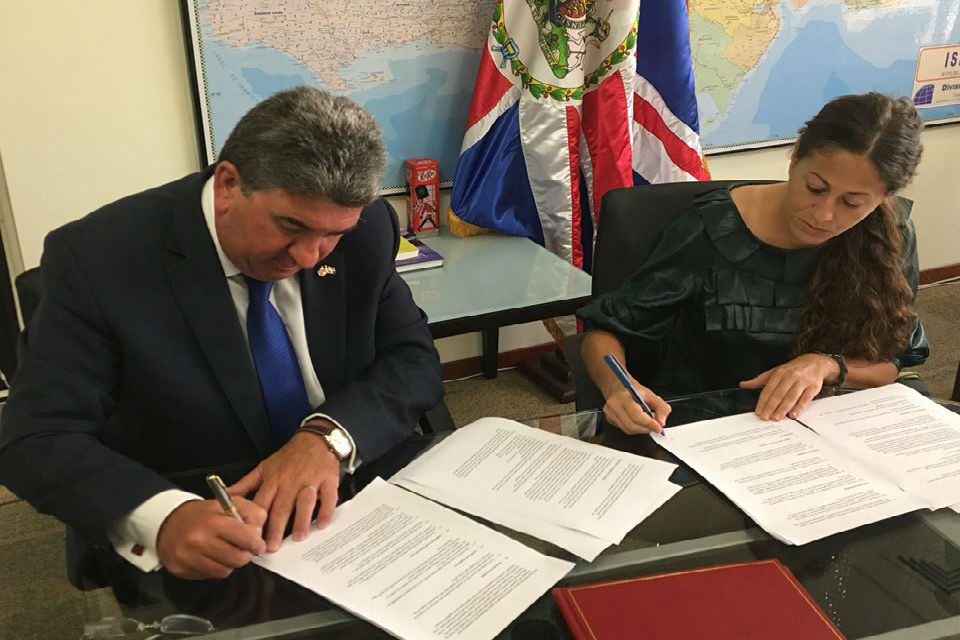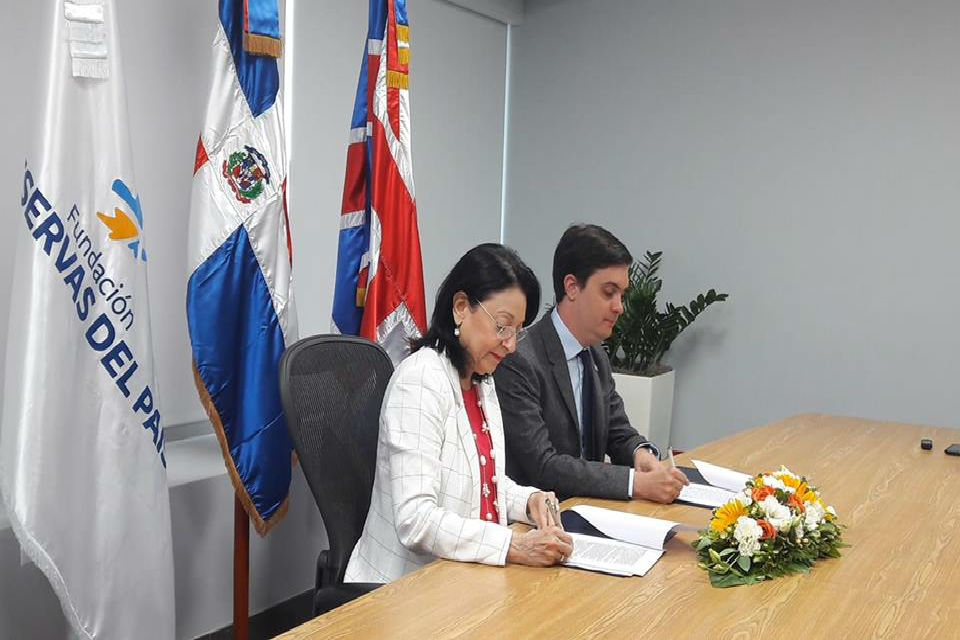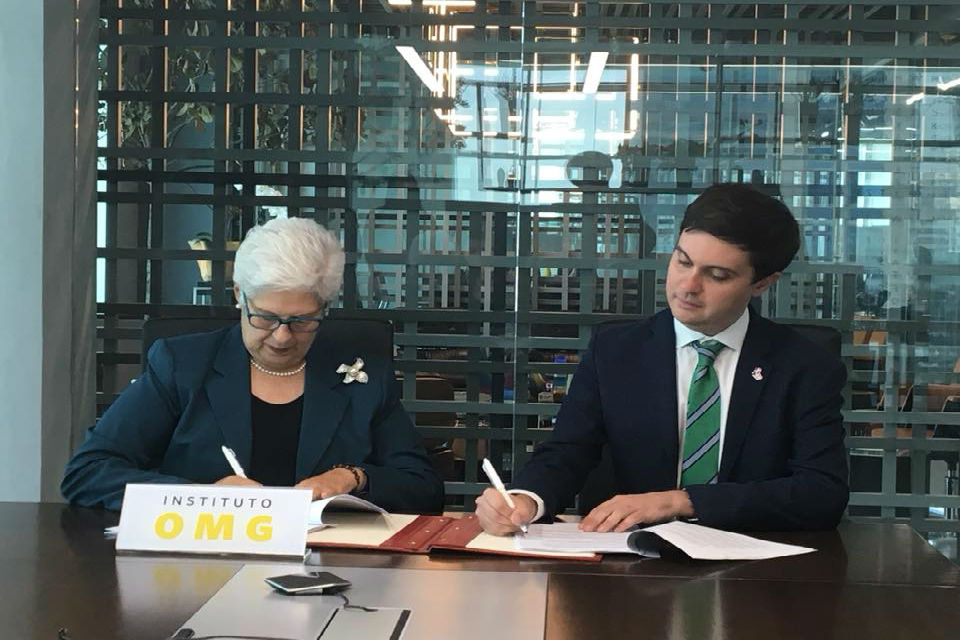News story: Girls Education: Call for Bids
The UK is supporting girl’s education across the world. While there is almost an equal number of boys and girls enrolling in schools in many countries, girls still face many barriers to learning and staying in school. And although lots of girls go to school, the number graduating and going on to join the job market is much lower. The same is true of climbing the career ladder: only 24% of senior management globally are women. As well as education and career challenges, many are subject to even more challenges: violence against women, and child and forced marriage practices continue.
Learning how to help girls learn:
First things first, we’re supporting research that identifies the barriers girls face in accessing quality education, and provides suggestions for overcoming barriers to girl’s education and building more inclusive education. This includes understanding the numbers that stay in and drop out of school, and the learning outcomes, which show how students benefit from the time spent in school. There will be an opportunity to showcase the research.
Scope of Work: The Technicalities
Deliverables:
- An inception report highlighting methodology and subject covered should be submitted for approval before research is started
- A research report covering the barriers to girls accessing quality education in Egypt of minimum 20 – 30 pages
- Drawing on the research, a minimum of ten policy briefs should be written on specific areas, to be agreed with the donor upon completion of the research
- All material should be produced in English and translated into Arabic
Methodology
- Using academic and grey literature, open source statistics, and, where possible, primary research
- This document should cover different groups of girls where possible e.g. girls with disabilities, girls in rural/urban areas, girls from the poorest quintile. Methodology of research should be highlighted in inception report
-
Confidentiality: Products are the property of the donor and will only be used with the donor’s prior approval.
Bid Guidance:
- Projects are funded for a single financial year.
- Proposals and their budgets should be in the currency that the implementer banks in and therefore potential payments will be made in.
- Budget limit: (30,000 GBP) conversion rate to be set at contract signature.
Example of an Activity Based Budget (ABB), please note all the details below are for a demonstrative purpose only
Dates:
- Proposal: 25 September 2018
- Phase 1 Inception report: 15 October 2018
- Phase 2 Research report: 30 November 2018
- Phase 3 Policy Briefs: 15 January 2019
Assessment:
Proposals will be assessed against the following criteria:
- Alignment with the above mentioned thematic priorities and outcomes
- Outcomes are achievable within the funding period
- Project design includes clear monitoring and evaluation procedures
- Risk and financial accountability procedures
- The organisation’s safeguarding policies that ensure protection of beneficiaries
- Overall value for money
Process:
- Proposals must be submitted using the attached forms only (Project Proposal and Activity Based Budget)
- Proposals must be submitted to [mai.abousamra@fco.gov.uk]
- Project proposals selected will be notified on[ 30th September 2018]
- The British Embassy aims to sign grant agreements with successful project implementers by [1st October 2018]
Project Proposal Form
Project Proposal Form (MS Word Document, 218KB) </span>
Contacts:
Contact: Mai Abou Samra-Education Programme Manager, mai.abousamra@fco.gov.uk
Reporting and M&E
HMG will meet with the implementing partner at least once per month. It is expected that there will be continuous updates on all project activities as well as risks and mitigation steps in all meetings. Project reporting requirements are financial and narrative.
Financial Management and Payments
To be covered in contract
Performance Management
Implementing partner is to send quarterly monitoring reports, to be provided to the (IP) by the Programme Manager. Monitoring reports will include narrative and quantitative reporting on project indicators.
Donor to provide feedback and approval on inception report (Phase 1), for research report (Phase 2) to begin.
Donor to provide feedback and approval on research paper (Phase 2) for policy briefs (Phase 3) to begin.
Timeframe
Project is to begin upon contract signature and end on February 28th 2019.
Duty of Care
Tenderers must develop their Tender response on the basis of being fully responsible for Duty of Care. They must confirm in their Tender that:
- They fully accept responsibility for Security and Duty of Care.
- They understand the potential risks and have the knowledge and experience to develop an effective risk plan.
- They have the capability to manage their Duty of Care responsibilities throughout the life of the contract.


